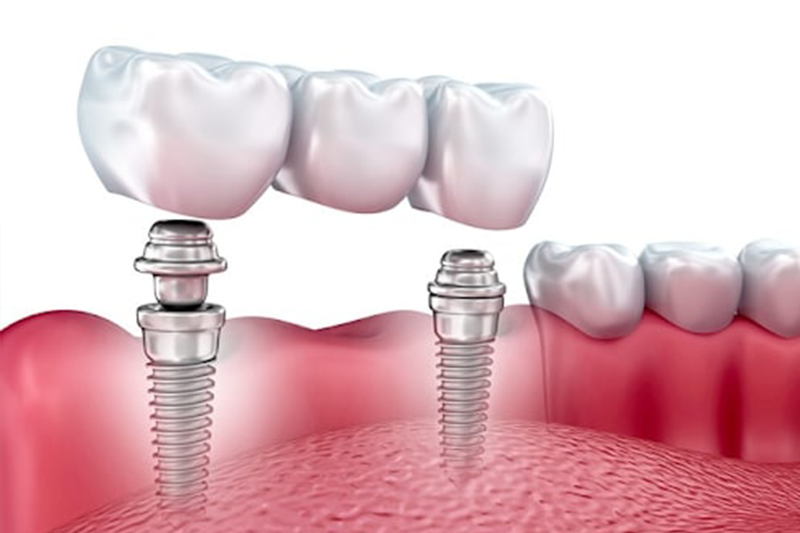
The Unsettling Experience of a Tooth Falling Out: Causes, Solutions, and Prevention in Stratford, CT
Hello dear readers!
Today, we delve into a topic that can be both alarming and puzzling: experiencing a tooth falling out. Whether you’ve faced it yourself or know someone who has, understanding why it happens and what steps to take can offer some comfort during this stressful event.
1. Why Might a Tooth Fall Out?
While children eagerly await their teeth to fall so they can proudly present them to the Tooth Fairy, adults are less enthralled by the experience. Here are some reasons why an adult tooth might fall out:
- Periodontal (Gum) Disease: This is the top cause. When gums are inflamed and infected over time, they can recede and weaken the structures holding the tooth in place.
- Tooth Decay: Untreated cavities can cause significant tooth structure loss, making the tooth susceptible to breaking or falling out.
- Trauma: Accidents, sports injuries, or any direct blow can cause a tooth to loosen or fall out.
- Other Conditions: Pregnancy, osteoporosis, and diabetes can affect oral health and increase tooth loss risk.
2. What to Do If Your Tooth Falls Out
- Don’t Panic: While it’s alarming, staying calm helps you think clearly and take the right actions.
- Pick Up the Tooth: Always hold it by the crown, not the root. Rinse it gently without scrubbing.
- Attempt Reinsertion: If possible, try to place the tooth back in the socket gently. If this isn’t feasible, store it in milk or a saline solution.
- See a Dentist ASAP: The sooner you see a dentist after a tooth falls out, the higher the chances of saving it.
3. Treatment Options
If the tooth cannot be saved, there are various replacement options:
- Dental Implants: They act like the root of your tooth, providing a stable foundation for a replacement tooth.
- Bridges: They “bridge” the gap created by one or more missing teeth.
- Dentures: These are prosthetic devices replacing missing teeth and are removable.
4. Preventive Measures
The best cure is prevention. Here are some steps to maintain your oral health:
- Regular Dental Check-ups: This allows your dentist to detect early signs of gum disease or decay.
- Good Oral Hygiene: Brush twice daily, floss regularly, and use mouthwash to kill harmful bacteria.
- Healthy Diet: Foods rich in calcium, phosphorus, and vitamin C can support gum and tooth health.
- Wear a Mouthguard: If you’re into sports or prone to grinding your teeth, a mouthguard can protect against trauma.
5. It’s More Than Just Aesthetic
Tooth loss isn’t only about the gap in your smile. It can affect speech, eating habits, and even lead to bone loss in the jaw. Regular dental visits and proper oral care are crucial.
In conclusion, while the experience of a tooth falling out can be unsettling, advancements in dental care offer numerous solutions. Be proactive in your oral care, and always reach out to your dentist with any concerns.
Until next time, keep those pearly whites shining!
Disclaimer
The information provided in the blog post is for informational purposes only and should not be considered a substitute for professional medical advice.


